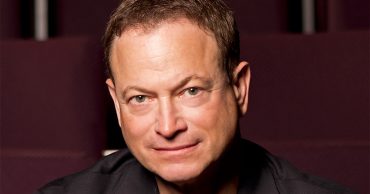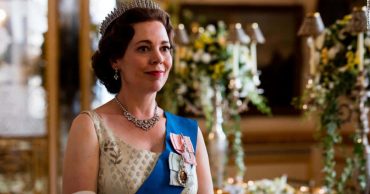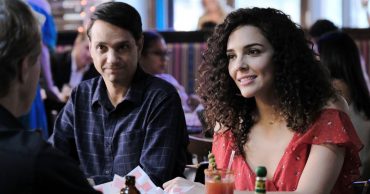Jerry Seinfeld is calling for a return to “dominant masculinity” despite admitting he’s not the perfect example of it himself. In an episode of the Honestly podcast with Bari Weiss, Jerry opened up about his views on traditional masculinity and how it has influenced his career and personal life.
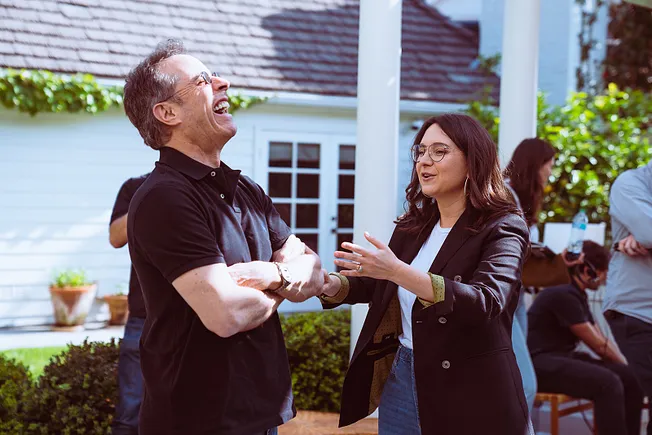
Yeah, I get the toxic thing. Thank you, thank you. But still, I like a real man,
Jerry quipped, reflecting on the unspoken hierarchy from previous generations. The comedian reminisced about iconic figures from his youth who embodied these traits—John F. Kennedy, Muhammad Ali, Sean Connery, and Howard Cosell—personalities he admired and aspired to emulate.
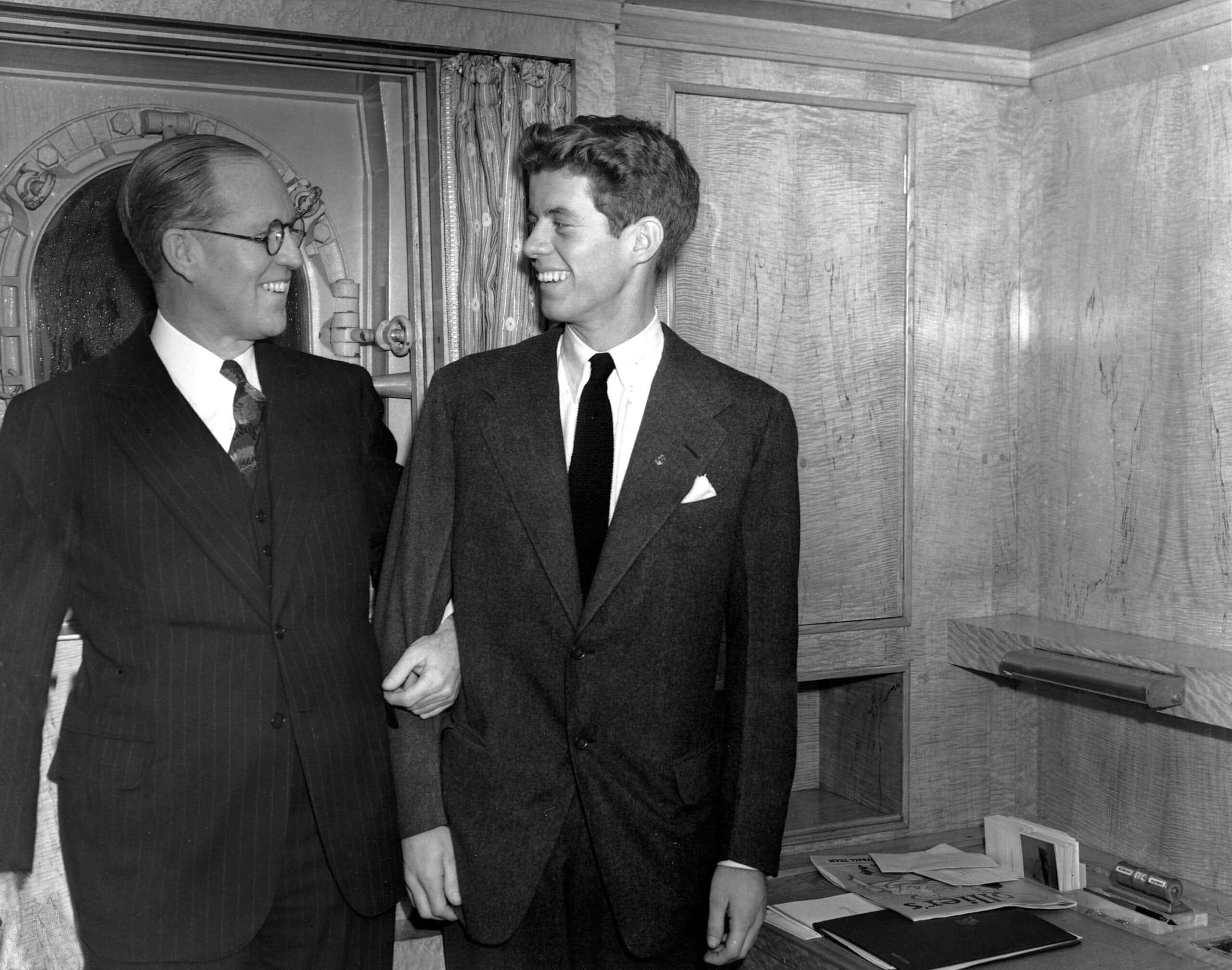
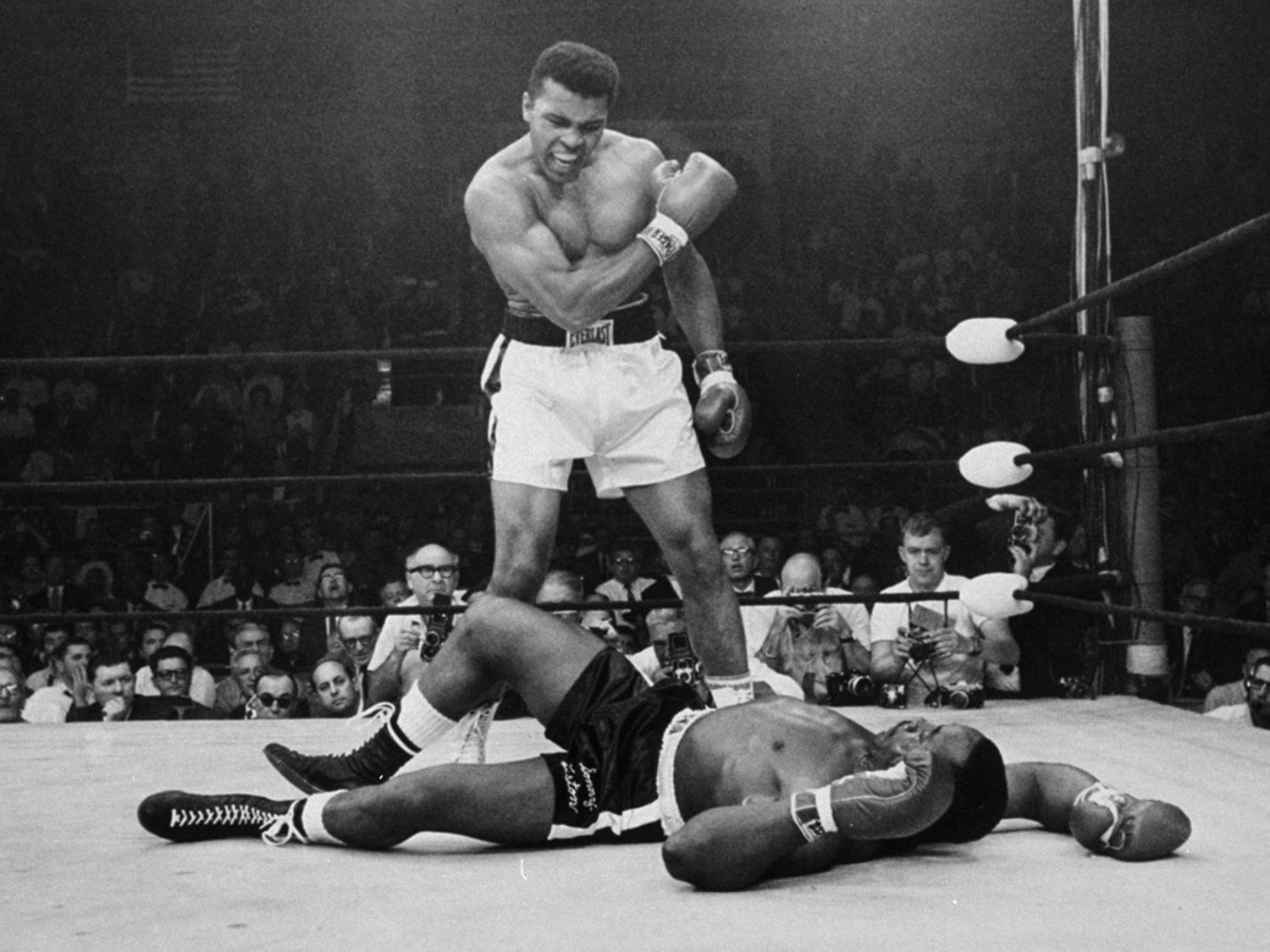
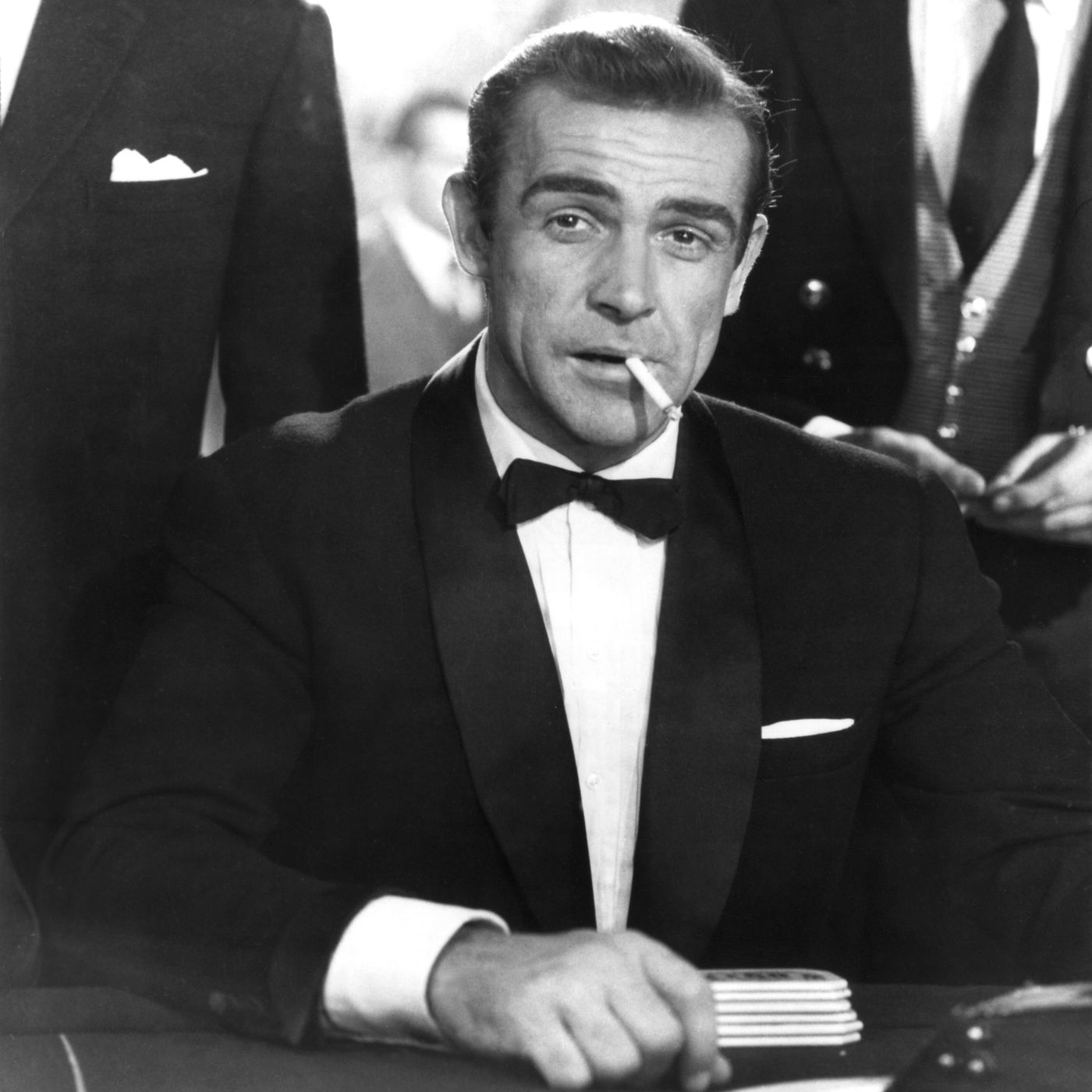
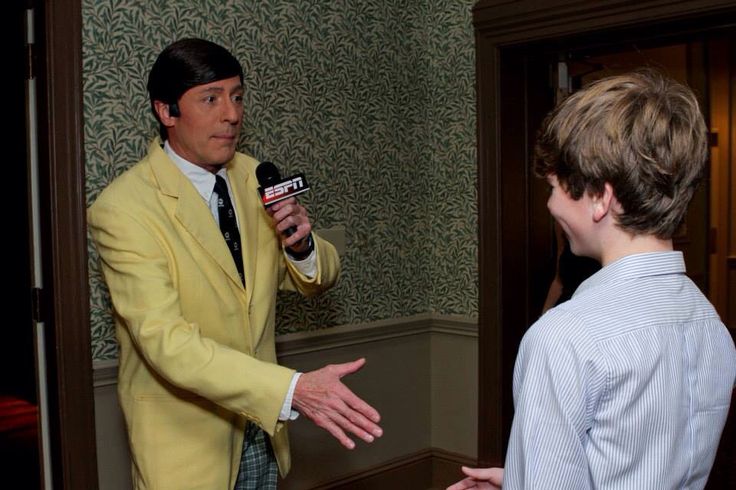
Nostalgia for Masculine Icons
Seinfeld spoke passionately about these men who shaped his perception of masculinity. Reflecting on John F. Kennedy’s charismatic leadership, Muhammad Ali’s fearless boxing career, Sean Connery’s suave James Bond persona, and Howard Cosell’s authoritative sports broadcasting, Jerry expressed longing for a bygone era where such figures set clear examples of what it meant to be a man.
Describing these icons as benchmarks for masculinity and character, Seinfeld highlighted the cultural shift towards a more ambiguous view of gender roles. This includes his thoughts on modern societal changes that have altered traditional hierarchies.
The Comedy Journey and Critique of Modern Culture
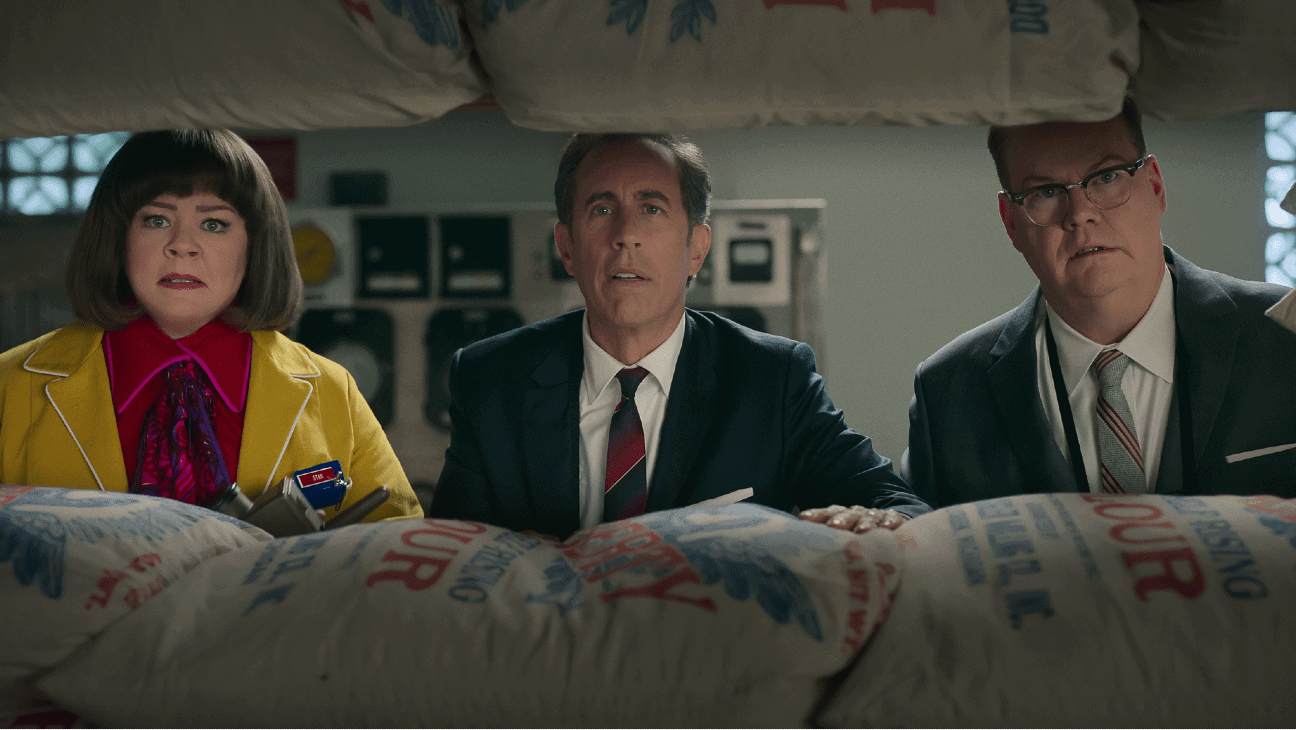
During his discussion with Weiss, Jerry also spotlighted his upcoming Netflix comedy special Unfrosted. He explained that the show drew inspiration from the intense rivalry between Post and Kellogg’s in the 1960s cereal industry—a battle teeming with strong personalities and sugar-power Kellogg’s cereal culture of the mid-60s
.
This marks a notable milestone as Jerry’s directorial debut. The project includes a star-studded cast with Melissa McCarthy and Jim Gaffigan joining him to explore the origin story of Pop-Tarts. Seinfeld enthusiastically described this venture as a vibe I could work with.
Praise for Hugh Grant
Seinfeld didn’t hold back when complimenting his co-star Hugh Grant, whom he sees as embodying many matured masculine traits. He knows how to dress. He knows how to talk. He’s charming. He has stories. He’s comfortable at dinner parties, and knows how to get a drink. You know what I mean? That stuff.
Bucking Modern Trends
Throughout his career, Seinfeld has often critiqued modern cultural trends he finds detrimental to comedy. This includes standing against the elements of ‘woke culture’ which he feels hurt comedic expression. Despite potential backlash, Jerry is unapologetic about his stance on various issues, embracing a forthright approach to voicing his opinions.
A Dialogue on Modern Masculinity
This candid conversation on Honestly provides an introspective look into how Jerry Seinfeld perceives evolving societal norms around masculinity. While acknowledging he’s perhaps embarked on a childish journey, he clearly yearns for what he perceives as lost traditions and structures in today’s world.
 Follow Us
Follow Us
